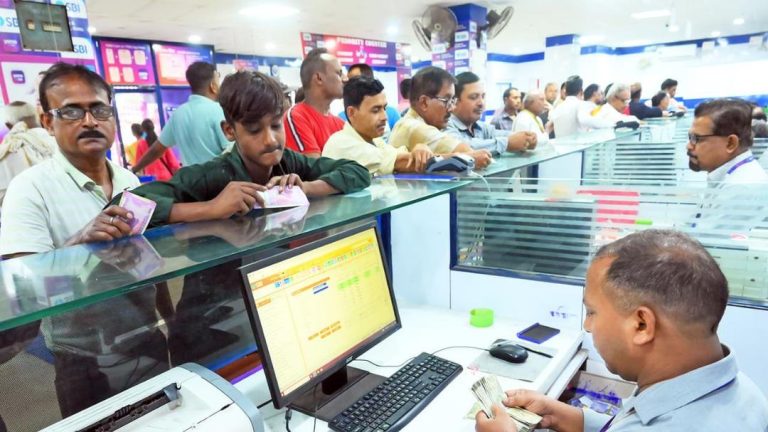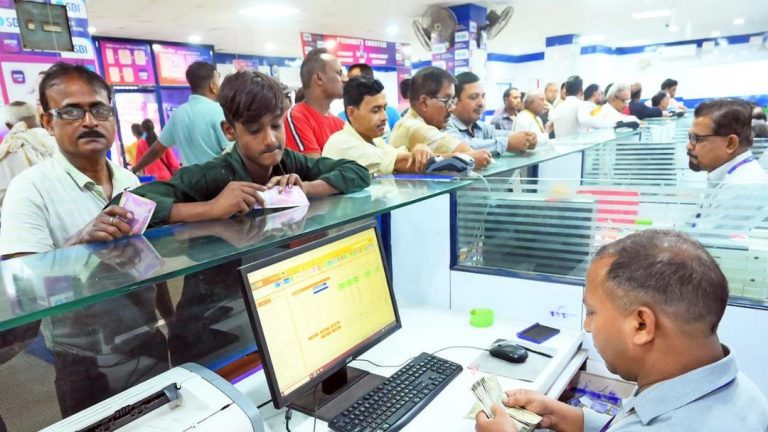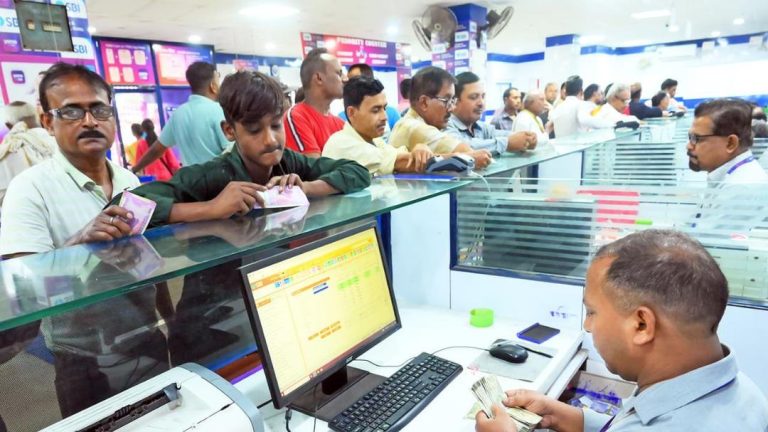
₹1,000 cr Quantum Tech Hub Plan Unveiled in Karnataka
In a significant move to establish itself as a leader in the field of quantum technology, the government of Karnataka has launched a ₹1,000 crore plan to create Asia’s “Quantum Capital” by 2035. The ambitious project, anchored around a futuristic Q-City near Bengaluru, includes a Quantum Hardware Park, 100+ startup supports, and 150 PhD fellowships. With global partnerships, quantum research, and chip-making facilities, the state aims to create 2 lakh jobs and lead India’s tech future.
The quantum technology hub, which is expected to be operational by 2025, will be a central hub for quantum research, development, and manufacturing. The Q-City will be built on a 200-acre plot and will feature state-of-the-art infrastructure, including laboratories, testing facilities, and manufacturing units. The hub will also have a dedicated quantum computing cluster, which will enable researchers and startups to work on cutting-edge projects.
One of the key components of the quantum tech hub is the Quantum Hardware Park, which will be a 50-acre campus that will house companies and startups working on quantum computing and related technologies. The park will have facilities for designing, testing, and manufacturing quantum chips and other hardware components.
The startup support program will provide funding, mentorship, and other resources to over 100 startups and entrepreneurs working on quantum technology-related projects. The program will also provide access to research facilities and testing equipment, as well as partnerships with global companies and research institutions.
The 150 PhD fellowships will be awarded to students pursuing research in quantum technology-related fields, such as quantum computing, quantum communication, and quantum cryptography. The fellowships will provide a stipend and research funding to enable students to work on innovative projects and collaborate with global experts in the field.
The quantum tech hub will also have a strong focus on global partnerships and collaborations. The state government has already signed MoUs with several international organizations and companies, including the European Union, the US-based quantum computing company Rigetti Computing, and the Australian quantum technology company, Q-CTRL.
The hub will also have a strong focus on education and training, with plans to establish a quantum technology curriculum in Karnataka’s educational institutions. The state government has also launched a quantum technology certification program for students and professionals, which will provide training in quantum computing, programming, and other related skills.
The quantum tech hub is expected to create 2 lakh jobs in the next decade, with a significant proportion of these jobs being in the field of quantum computing and related technologies. The hub will also attract significant foreign investment, with the state government estimating that it will attract ₹5,000 crore in investments over the next five years.
The quantum tech hub is a significant step forward for Karnataka, which has been a hub for IT and technology companies for several decades. The state has a strong reputation for its talent pool, infrastructure, and business-friendly environment, making it an attractive location for companies looking to set up shop.
In conclusion, the ₹1,000 crore quantum tech hub plan unveiled by the government of Karnataka is a significant step forward for the state and the country. The hub will provide a platform for research, development, and innovation in quantum technology, and will create a significant number of jobs and attract foreign investment. With its strong focus on education, training, and global partnerships, the hub is expected to make Karnataka the “Quantum Capital” of Asia by 2035.
Source:
https://ascendants.in/business-stories/karnataka-quantum-city-investment-2025/





